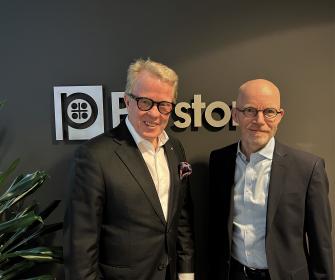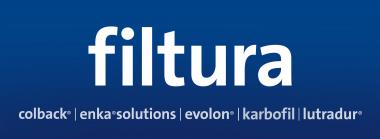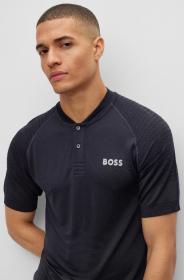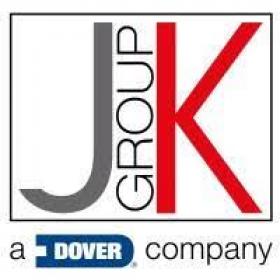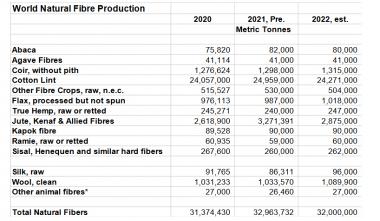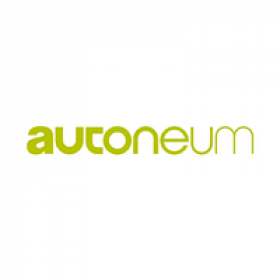Ib Jensen takes over from Jan Secher as new CEO of Perstorp Group
Effective March 1st, Ib Jensen takes over from Jan Secher as Chief Executive Officer of Perstorp Group, a specialty chemicals company headquartered in Malmö, Sweden and since 2022 part of PETRONAS Chemicals Group Berhad (PCG).
Ib Jensen is a highly respected senior industry executive with a long career as CFO and extensive experience from M&A and integration of acquired companies, something that will be required in the next phase for Perstorp.
After more than 9 successful years as the CEO of Perstorp Group, Jan Secher has decided to step down. This decision is based on a personal direction set more than a year ago, prior to the acquisition by PCG, allowing for a full search process to be conducted for his replacement. Ib Jensen has been CFO of Perstorp for the past year and was considered the most qualified candidate based on his knowledge of the company, long term experience of the specialty chemicals industry and high level of appreciation in both Perstorp as well as in PCG. Previous experience include CFO and executive roles within Finance and IT at companies such as Arxada, Lonza, Syngenta, Danisco and LEGO.
Jan Secher remains in the CEO role until March 1st and will thereafter serve as an advisor to the new CEO and the Chairman, focusing on strategy and transferring external relationships. Monica Jönsson, currently deputy CFO, will take on the role as CFO when Ib Jensen assumes the position as CEO. PCG is fully committed to the Executive Leadership Team of Perstorp and expects the team to continue the successful integration work as well as dealing with the volatile global macro situation.
Petronas
Perstorp


